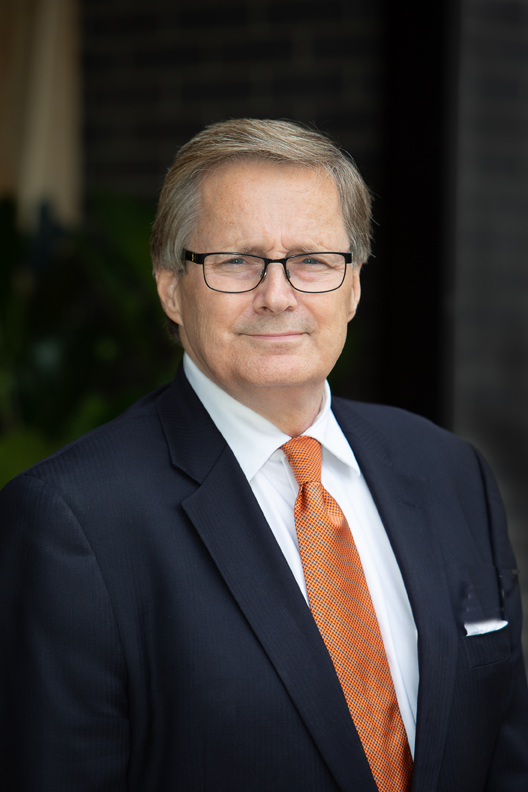Change is never easy, and the first step always seems to be the hardest.
We are again living in a world at war, but in some ways, we should perhaps recognize the war we are waging on ourselves.
For all of its benefits, the internet has produced a vast digitocracy where algorithms served to us by tech companies influence how we think, act and feel.
So the most important stories are those we tell ourselves, and those are too often influenced by content that serves not our interest nor the public interest.
In many instances, our thinking is now influenced by messaging on the little devices we carry around each day. And when those messages begin to dehumanize anyone we disagree with, we see extreme behavior across the political spectrum. Full stop.
It saddened me this week when a longtime reader wrote to say he had a great idea and strong beliefs he wanted to express, but for the first time, he was afraid to let people really know what he thought.
“I share my thoughts with friends and family,” he said, but basically, “I cannot ignore the negative stuff out there. And I must note also that I never thought I would actually not speak the truth as I see it…everywhere.”
For me, quite a sobering statement and I think it is a view that is shared by more and more of our neighbors.
But then, should we not be alarmed rather than surprised?
Demonization has nearly eliminated the moderation and social glue that kept us together for more than two centuries. Political opponents create division, demonize the other side and think nothing of it.
Not so long ago, a political climate existed in which neighbors could voraciously argue over their respective fences yet watch football and barbeque together on Saturday afternoons. Not so much now.
It’s not that moderates no longer exist. In fact, I would argue that vast majorities still are somewhere in the middle of our political spectrum. Like our reader, however, more and more citizens who pay the taxes sit back and say nothing rather than expose themselves to the fury of those who may disagree.
But the fact remains, for whatever reasons, we have created a world in which there is a price to be paid for truth and transparency and it is a very slippery slope.
Should we not ask ourselves, what will come of us if we reach the point where no one is willing to speak up? The hardest thing to measure is how close we are to the point of no return and how much more dehumanization we can withstand.
The signs are everywhere and oft depicted in contemporary books.
According to political scientist and author Eric D. Weitz, in his book “A Century of Genocide: Utopias of Race and Nation,” political violence can suppress freedom of speech. Fear of reprisals and violence can lead people to self-censor their views and reduce their willingness to engage in open dialogue.
As outlined in his book “The Righteous Mind: Why Good People Are Divided by Politics and Religion,” social psychologist Jonathan Haidt, suggests that political violence can reinforce tribalism and polarization.
Political violence erodes trust in society’s institutions and fellow citizens, which can hinder tolerance and cooperation.
Just this week, political violence in SoCal took the life of a man protesting in Thousand Oaks.
It’s no longer a world away but the war against ourselves is raging and one in which there will be no winners. We’re walking a plank of our own making.
This is not to say everything is terrible because it’s not. Truth is, we live in great communities. The irony is that when there is trouble in Cypress, Los Al, La Palma or anywhere local, our residents put differences aside to help each other out.
Yet we must find balance in our civic affairs. Learn to listen again. Demonization and dehumanization are tactics so obviously destroying the fabric of tolerance we have for so long enjoyed.
How many more citizens will decide civic engagement is no longer worth the cost? The cliff is in sight, yet it’s full steam ahead.
Change is indeed hard, and the first step is always the hardest. Who will take it?
That’s the problem.

